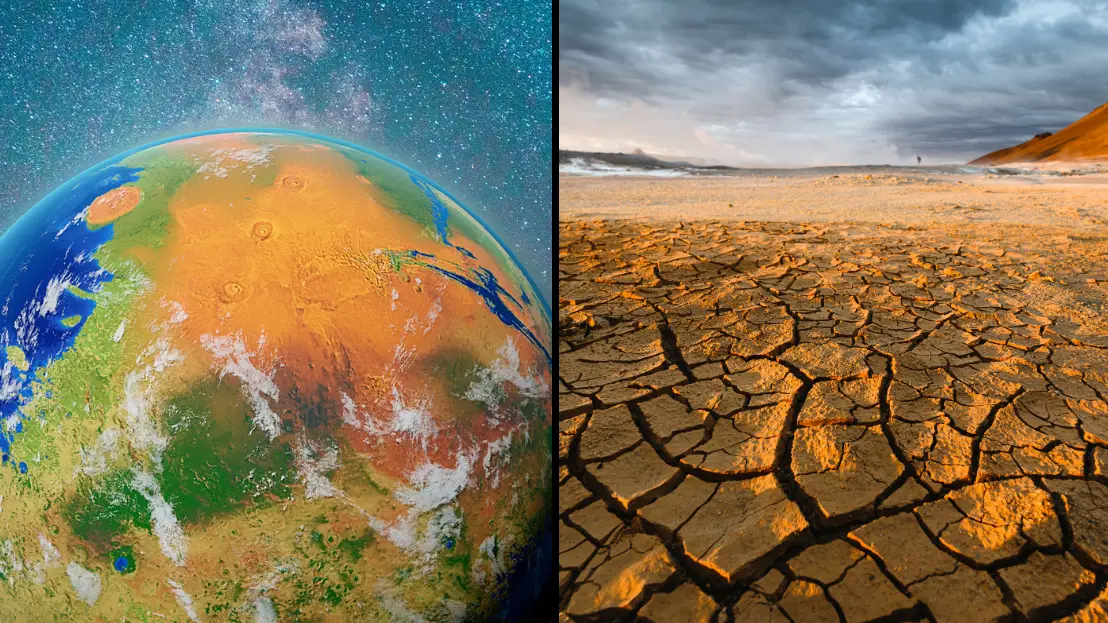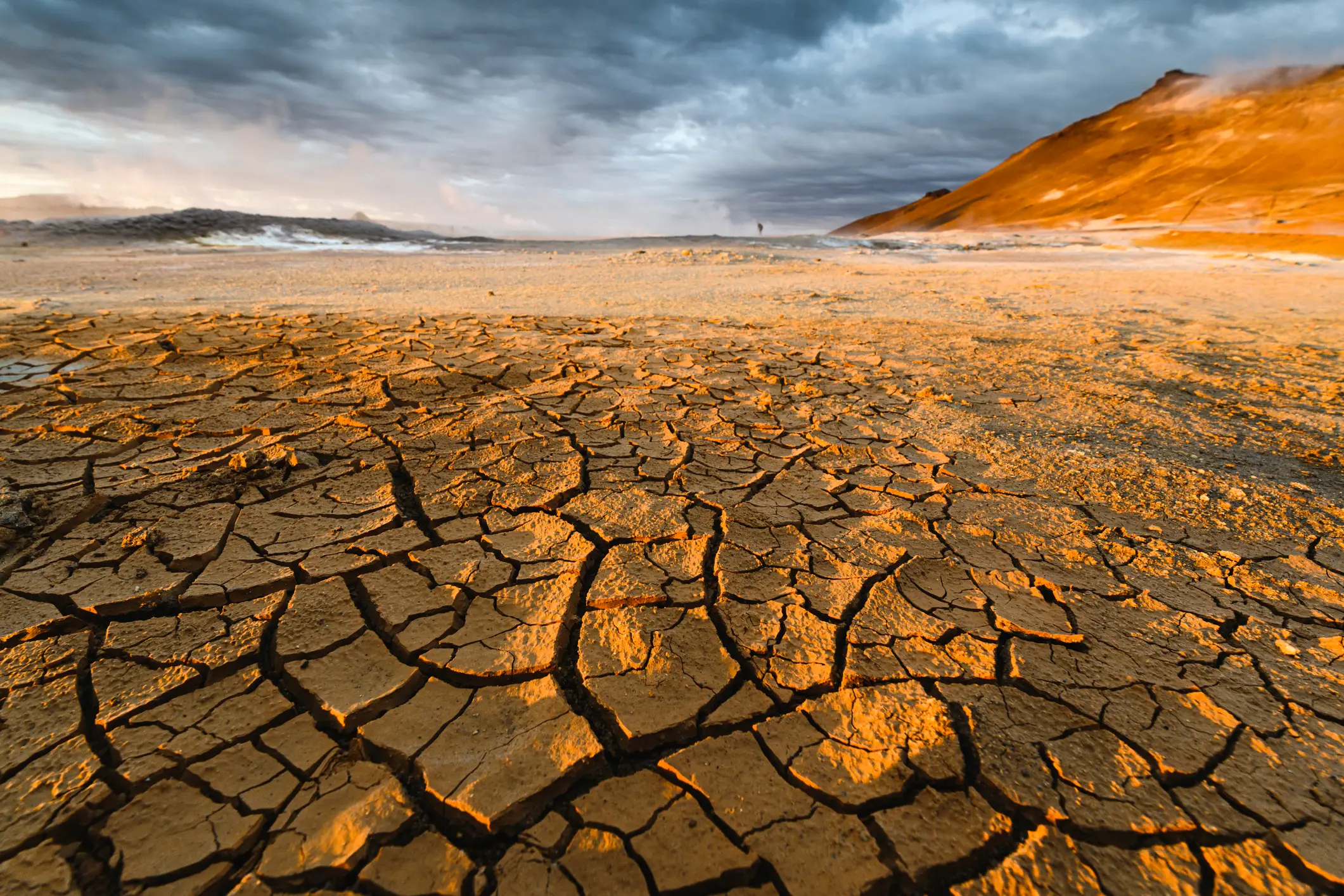
The future of human life on Earth, alongside every other mammal, looks bleak if scientific research is anything to go by.
A 'triple whammy' extinction event is predicted by those who know what they're on about following a recent super-computer experiment on the future climate of the planet.
Led by the University of Bristol and published in Nature Geoscience at the back end of 2023, the study has a pretty ominous outcome for humanity.
Advert
And the main reason is because of the harsh conditions that are set to face the human race.
The world is set to change as we know it, with one supercontinent on the (very distant) horizon.
Dubbed Pangea Ultima by researchers, it's named in honour of Pangea - the first ever supercontinent to exist on Earth some 299 million to 273 million years ago.
One of the grimmest finds from the team behind the experiment relates to the sheer brutality of wind chill on the planet.

At temperatures below minus 10 degrees Celsius, the wind would quite literally smash your skin and bones to die in a process called ischaemic necrosis. Horrifying.
At the same time, the average daily temperature on Earth would sit between 40 and 50 degrees Celsius, with the sun shining brighter.
And that's made worse by a whole load more volcanic eruptions across the planet, throwing tonnes of carbon dioxide (CO2) in to the planet's atmosphere.
"Coupled with tectonic–geographic variations in atmospheric CO2 and enhanced continentality effect for supercontinents, Earth could reach a tipping point rendering it uninhabitable to mammalian life," the study says.

Regarding humanity and other mammals, the study says the events 'will probably lead to a climate tipping point and their mass extinction'.
The only positive thing to take from all this is that the study says this will happen in the distance future.
And by distant, we mean it. Some 250 million years from now.
But the message behind the study is clear. Co-author Dr Eunice Lo, Research Fellow in Climate Change and Health at the University of Bristol, said: "It is vitally important not to lose sight of our current climate crisis, which is a result of human emissions of greenhouse gases.

"While we are predicting an uninhabitable planet in 250 million years, today we are already experiencing extreme heat that is detrimental to human health. This is why it is crucial to reach net-zero emissions as soon as possible."
The predictions are also based on humanity stopping its use of fossil fuels right now which we know is not the case.
So, the predictions of conditions in 250 million years time could arrive sooner if a greener future isn't realised sooner.
Topics: Science, Viral, Weird, World News, Space, Global Warming, Environment